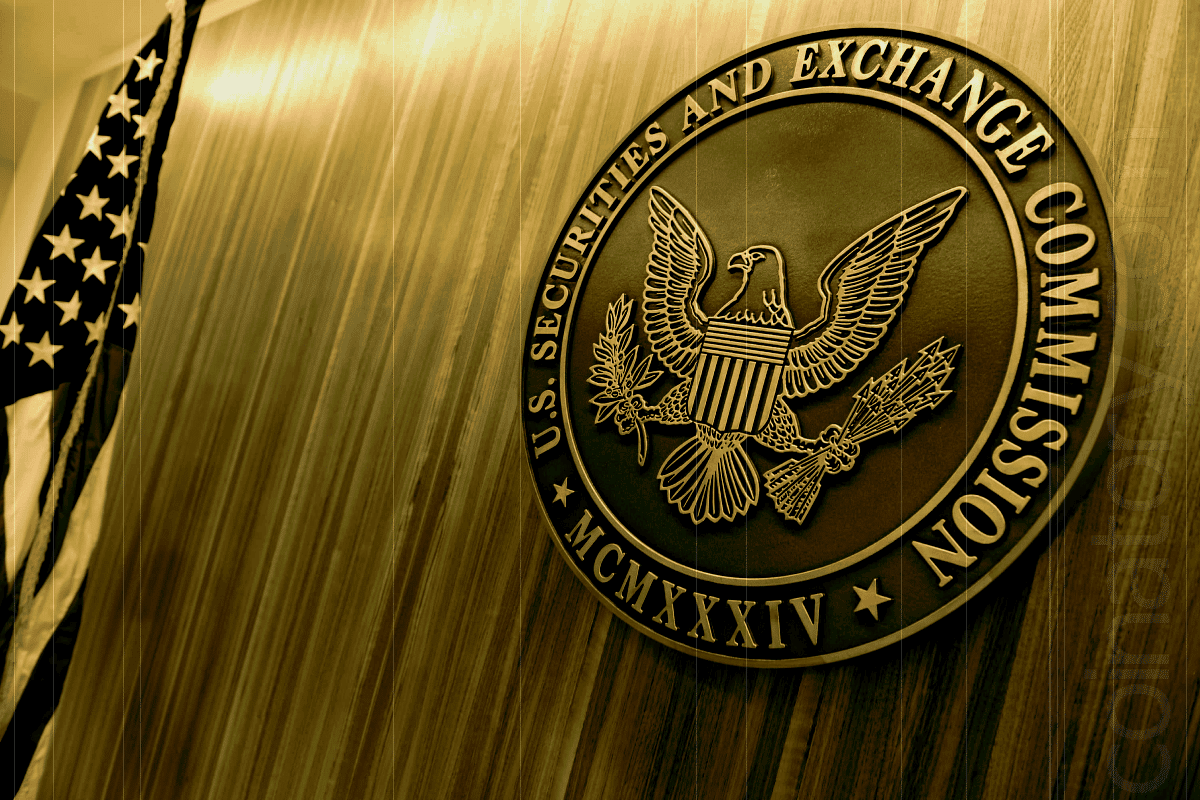
The U.S. Securities and Exchange Commission (SEC) has issued a new Staff Statement clarifying that, under defined conditions, certain cryptocurrency liquid staking practices do not constitute securities offerings. This brings much‑needed regulatory clarity to the evolving landscape of digital asset operations.
In the statement released Tuesday, the SEC explicitly noted that “depending on the facts and circumstances,” liquid staking activities of the type addressed “do not involve the offer and sale of securities,” as defined under the Securities Act of 1933 and the Securities Exchange Act of 1934.
Under its definition, the Staff Statement characterizes liquid staking as a process wherein users stake digital assets via a protocol and receive a liquid staking receipt token, which serves as proof of ownership of the staked amount.
SEC Chair Paul Atkins hailed the announcement as a “significant step forward in clarifying the staff’s view about crypto asset activities that do not fall within the SEC’s jurisdiction.” His remarks come amid surging institutional interest in liquid staking ETFs—notably strategies tied to protocols such as Solana—backed by firms including Jito Labs, VanEck, and Bitwise.
Liquid staking has burgeoned into one of crypto’s largest sub-sectors, with total value locked (TVL) approaching $67 billion across all protocols. Ethereum alone accounts for roughly $51 billion, according to DeFiLlama data.
This development aligns with the SEC’s broader pro‑crypto posture under Chair Atkins. His leadership has accelerated initiatives like Project Crypto, the agency’s comprehensive effort to reform U.S. digital asset regulation, based on recommendations from the White House’s Working Group on Digital Assets.
Since taking the helm, Atkins has moved away from the prior commission’s “regulation by enforcement” tone under former Chair Gary Gensler, notably clarifying in May that proof‑of‑stake protocols generally do not constitute securities transactions. Further regulatory easing followed in late July, when the SEC approved in‑kind creations and redemptions for Bitcoin and Ether ETFs, enabling authorized participants to exchange ETF shares directly for underlying assets.
These developments capitalize on momentum from sweeping legislative reforms—including passage of the GENIUS Act (a landmark stablecoin bill) and House approval of market‑structure and CBDC‑related legislation—as Congress advances key digital‑asset policy ahead of August recess.







